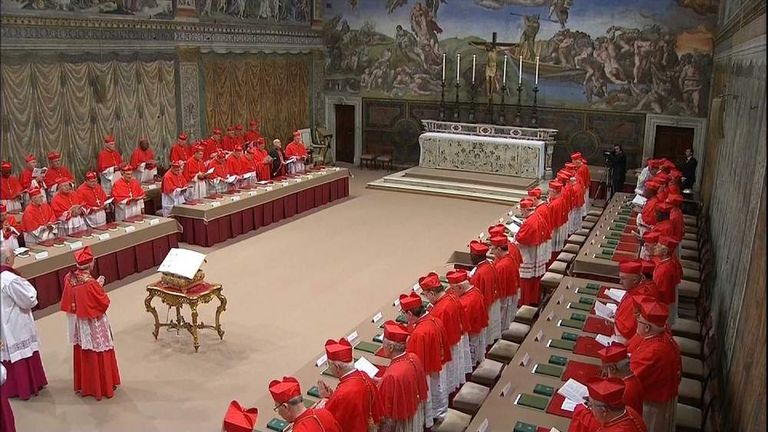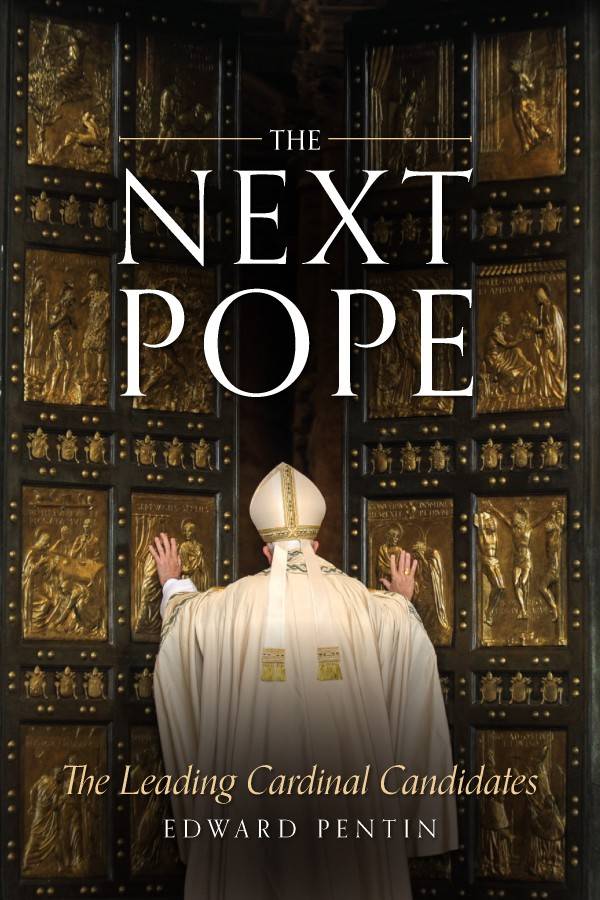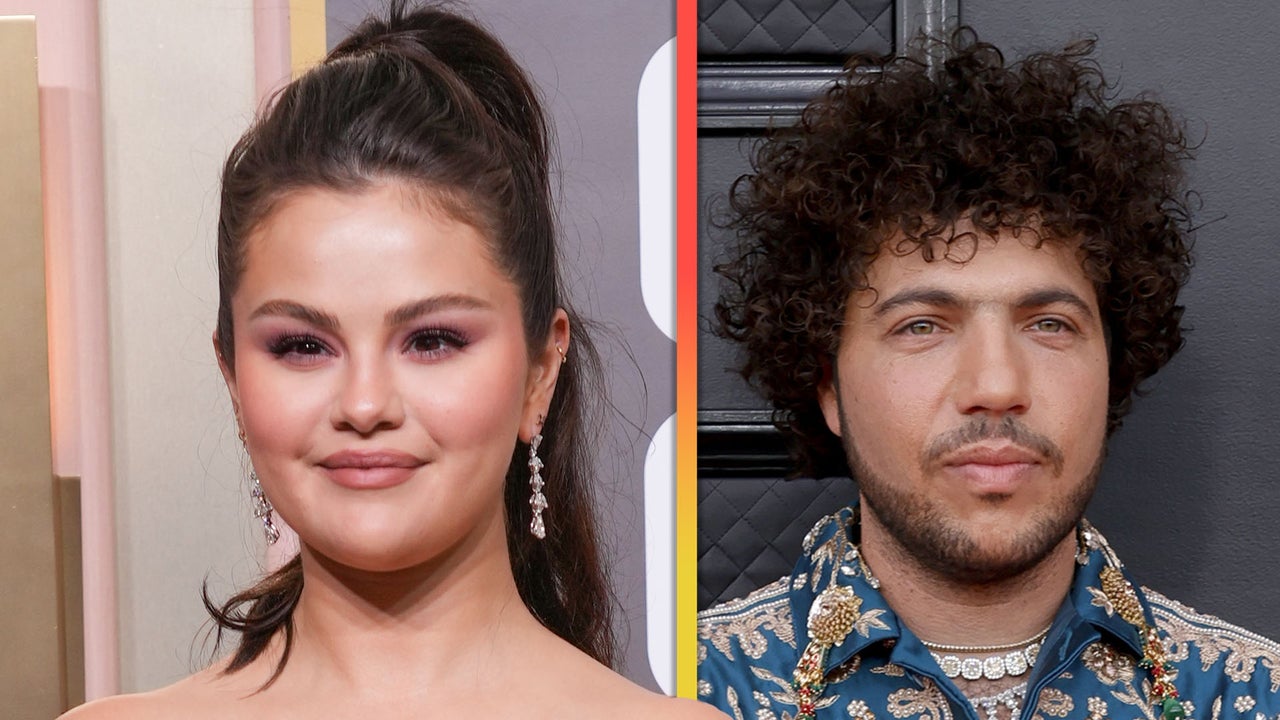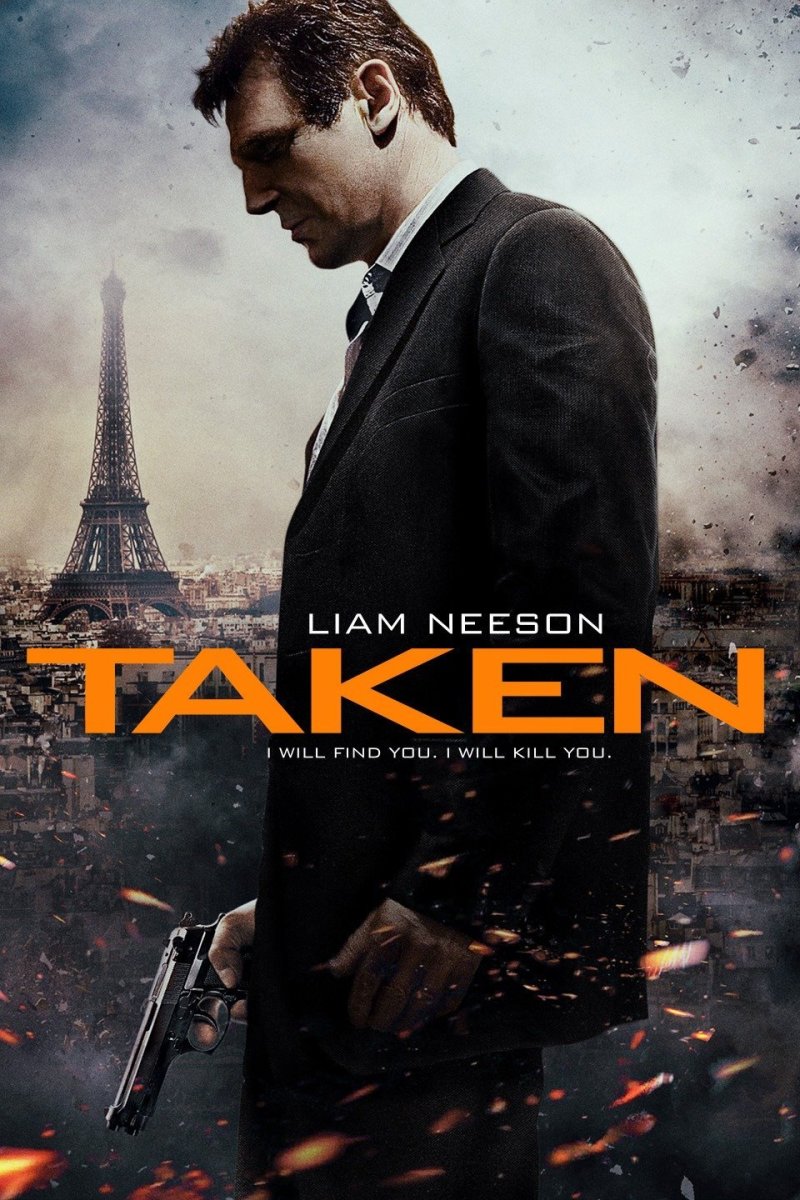Analyzing The Next Papal Conclave: Potential Candidates And Their Platforms

Table of Contents
H2: Key Cardinals to Watch
This section focuses on some of the leading candidates frequently mentioned in discussions surrounding the next Papal Conclave. It's important to remember that the field of potential candidates is fluid and constantly evolving.
H3: Cardinal [Cardinal 1's Name - Replace with an actual Cardinal's name]:
Let's assume, for the purpose of this example, that Cardinal Pietro Parolin is a potential candidate. Cardinal Parolin currently serves as the Vatican Secretary of State.
- Theological Leanings: Generally considered a moderate, Cardinal Parolin's approach is characterized by pragmatism and a focus on dialogue. He's known for his diplomatic skills and experience navigating complex international relations. He represents a blend of conservative doctrine and a willingness to engage in modern challenges. This makes him a potentially appealing figure for a broad spectrum within the College of Cardinals.
- Significant Pastoral Work: His extensive experience in diplomatic roles, including serving as the Apostolic Nuncio to Venezuela, has provided him with invaluable pastoral experience, offering a unique perspective on the challenges faced by the Church in diverse contexts. His expertise in international affairs is a key asset.
- International Experience: As Secretary of State, Cardinal Parolin has extensive international experience, negotiating with world leaders and addressing global issues. This experience could prove invaluable in guiding the Church through the complexities of the 21st century.
- Strengths and Weaknesses: His strengths lie in his diplomatic skills and experience. However, some might see his moderate stance as lacking in decisive leadership.
H3: Cardinal [Cardinal 2's Name - Replace with an actual Cardinal's name]:
Let's use Cardinal Luis Antonio Tagle as a hypothetical example. Cardinal Tagle is known for his progressive views and pastoral care.
- Theological Leanings: Cardinal Tagle is widely recognized for his progressive theological leanings, emphasizing social justice, compassion, and inclusivity. He is a strong advocate for the poor and marginalized. His progressive theology may resonate with a segment of the Church looking for a renewed focus on social issues.
- Significant Pastoral Work: His work in the Philippines, particularly his focus on serving the poor, has significantly shaped his approach to pastoral care. His experience working with communities facing poverty and social injustice informs his understanding of global challenges.
- International Experience: While not as extensively involved in international diplomacy as Cardinal Parolin, Cardinal Tagle's leadership within the Catholic Church and his engagement with global issues make him a prominent figure on the world stage.
- Strengths and Weaknesses: His strengths lie in his pastoral approach and ability to connect with people, but his progressive views might be seen as controversial by some within the Church.
H3: Cardinal [Cardinal 3's Name - Replace with an actual Cardinal's name]:
For this example, let's consider Cardinal Gerhard Müller. He represents a more conservative perspective.
- Theological Leanings: Cardinal Müller is known for his strong adherence to traditional Catholic teachings and his emphasis on doctrinal orthodoxy. He’s a prominent figure within the conservative wing of the Church. His conservative views on doctrinal matters may appeal to those prioritizing traditional teachings.
- Significant Pastoral Work: His background as a theologian and his previous role as Prefect of the Congregation for the Doctrine of the Faith have given him extensive experience in addressing theological questions within the Church.
- International Experience: While not primarily known for international diplomacy, his extensive work within the Vatican has given him exposure to global issues affecting the Catholic Church.
- Strengths and Weaknesses: His strengths lie in his deep theological knowledge and commitment to traditional doctrine, but his conservative approach may alienate some segments of the Church.
H2: Emerging Theological Debates Shaping the Conclave
Several crucial theological and social issues will heavily influence the next Papal Conclave.
H3: The Challenges of Modernity:
- Secularization: The declining influence of religion in many parts of the world presents a significant challenge. Candidates will need to articulate strategies for engaging with secular societies and re-evangelization efforts.
- Climate Change: The Catholic Church has strongly advocated for environmental protection. Candidates’ approaches to climate change and environmental justice will be scrutinized.
- Social Justice: Issues like poverty, inequality, and migration are central to Catholic social teaching. The next Pope’s stance on these issues will be crucial.
H3: Internal Church Reform:
- Church Governance: Reforms to the Church's governance structures, including the Roman Curia, are ongoing debates. Candidates will likely offer differing perspectives on these reforms.
- Liturgical Reform: Discussions surrounding liturgical practices and their adaptation to contemporary contexts will continue to be a significant aspect of the Conclave deliberations.
- Role of Women: The role of women in the Church remains a contested issue. Candidates' views on this matter will be closely observed.
H2: Predicting the Outcome and its Implications
Predicting the outcome of a Papal Conclave is inherently challenging.
H3: Factors Influencing the Election:
- Regional Balance: The geographical distribution of cardinals and their regional concerns often play a role in the election process.
- Theological Perspectives: The balance between conservative and progressive viewpoints within the College of Cardinals significantly influences the election.
- Political Considerations: While not the primary factor, geopolitical considerations and the Church's global presence inevitably have some influence.
H3: Possible Future Directions for the Catholic Church:
The election of a conservative Pope might lead to a greater emphasis on traditional doctrines and a cautious approach to reform. Conversely, the election of a progressive Pope could usher in a period of significant change and a renewed focus on social justice and inclusivity. A moderate Pope might seek to balance these competing perspectives, fostering dialogue and seeking common ground.
3. Conclusion:
Analyzing the next Papal Conclave requires careful consideration of the diverse backgrounds and platforms of potential candidates. The cardinals' choices will shape the future direction of the Catholic Church, impacting its response to global challenges and its internal reform efforts. The upcoming Papal election presents a complex interplay of theological perspectives and geopolitical considerations. By understanding the leading candidates and the key issues at stake, we can better anticipate the implications of the next Papacy. Stay informed about the developments surrounding the Papal Conclave and continue to analyze the potential candidates and their platforms to gain a deeper understanding of this critical moment in Catholic Church history. Following the Papal Conclave closely is vital for understanding the future of the Catholic Church.

Featured Posts
-
 Chicago Bulls And New York Knicks A Look At The Injury Reports Before Tip Off
May 11, 2025
Chicago Bulls And New York Knicks A Look At The Injury Reports Before Tip Off
May 11, 2025 -
 Who Could Be The Next Pope Leading Contenders Analyzed
May 11, 2025
Who Could Be The Next Pope Leading Contenders Analyzed
May 11, 2025 -
 Selena Gomez And Benny Blanco Inappropriate Comments And Online Reaction
May 11, 2025
Selena Gomez And Benny Blanco Inappropriate Comments And Online Reaction
May 11, 2025 -
 Reneged Promises Whoop Faces Backlash Over Free Upgrades
May 11, 2025
Reneged Promises Whoop Faces Backlash Over Free Upgrades
May 11, 2025 -
 10 Action Movies Like John Wick A Ranked List
May 11, 2025
10 Action Movies Like John Wick A Ranked List
May 11, 2025
